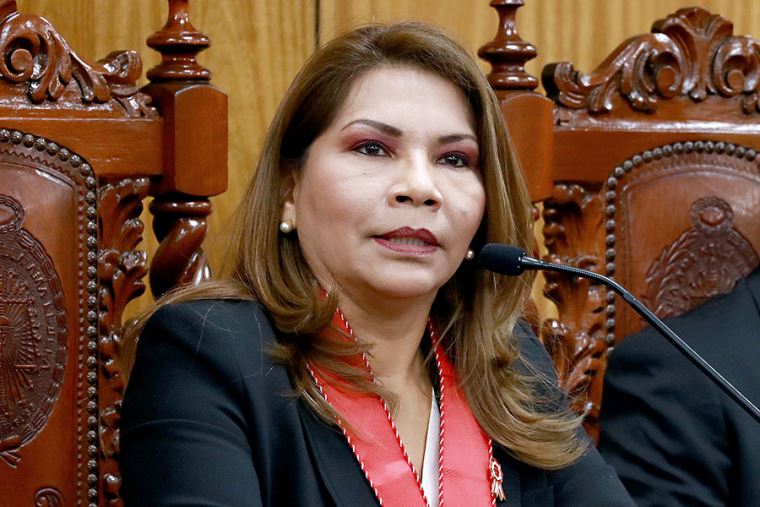According to global index, Uruguay is the only country in Latin America without political polarization
The classification given by the V-Dem Institute defines national democracy as “general consensus on the political direction of the country.”
The V-Dem Institute (Varieties of Democracy), founded in 2014, disseminated work on political polarization in Latin America and Uruguay took a prominent place.
The published thread, which was highlighted by political scientist Adolfo Garcé, points out that Uruguay is the only country in the region that has an absence of political polarization (see map).
However, Garce warns: “We have to avoid the opposite problem: that the parties are too similar. Please take care of your traditions…”
The report presented marks in colors the degree of polarization that each Latin American country has.
Those with high polarization are marked in red, which is defined by “significant differences in opinions, with strong disagreements and political conflicts.”
In the case of moderate, those countries are considered to have “notable differences in public opinion, but without an extreme level of conflict.”
For its part, medium variation implies “variation around half of the key issues with some minor disputes,” while limited polarization expresses “few differences in opinions that generate few conflicts.”
In the case of Uruguay (in purple), the absence of polarization is defined as the “general consensus on the political direction of the country with minor differences.”
“Uruguay stands out as the only country in the region with an absence of polarization, which suggests a more stable political panorama. On the other hand, Chile and Argentina show medium levels of polarization, indicating significant differences in opinions on key issues. Brazil, for its part, presents limited polarization, which means that, although there are differences, they are relatively few and generate few conflicts,” indicates the report that uses data from 2023.
However, the index was questioned by some users of the social network, particularly due to the rating given of polarization limited to countries like Brazil and Cuba, for example.


















